Copyright infringement is limited by a concept called fair use. A use of a copyrighted work is called “fair use” if it is technically a copyright infringement but the courts consider that the use should not really be regarded as an infringement. The fair-use defense generally measures 4 factors, of which one is “the purpose and character of the use, including whether such use is of a commercial nature”.
If the use is considered “transformative”, it can go a long way toward showing that the use is a fair use. Examples include parody or satire, where the use of the copyrighted work is to present a different or even an opposed message, or to make fun of the copyrighted work or its author. There is no bright-line test; it depends on whether courts feel the use is so different from the copyrighted work that the use should be allowed despite the copyright.
Categories
